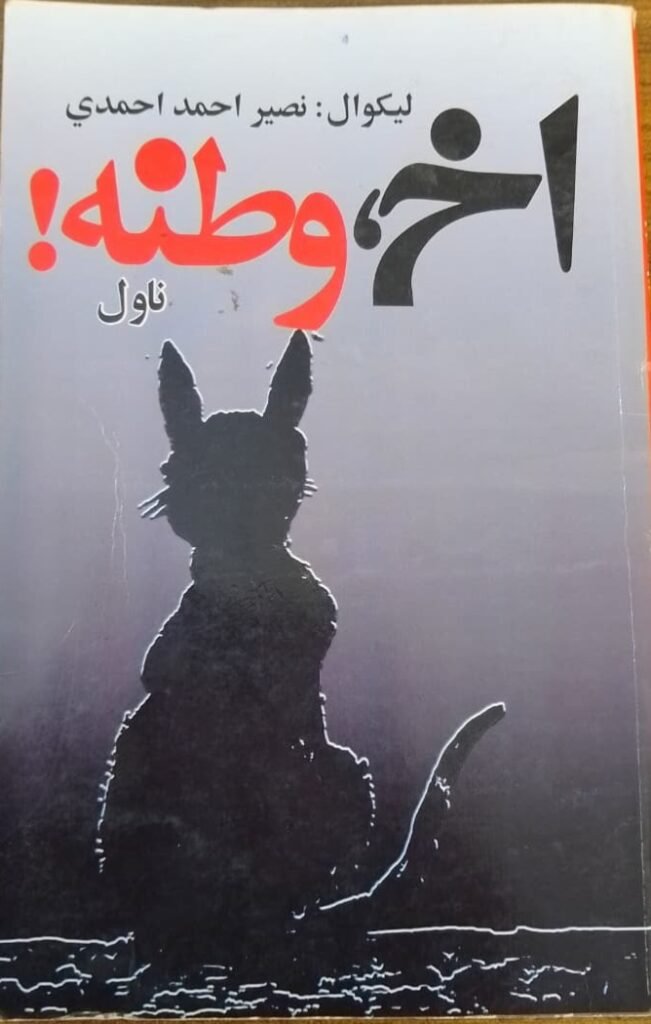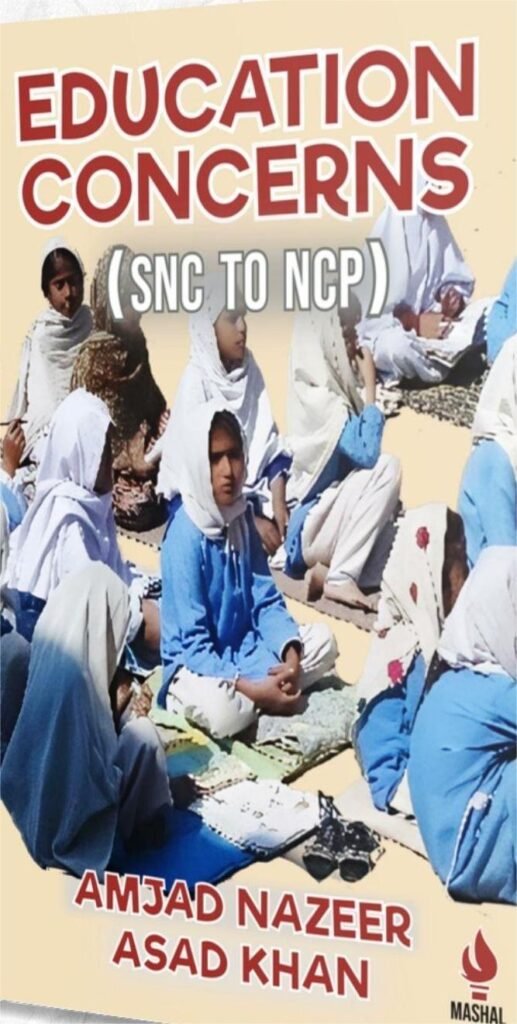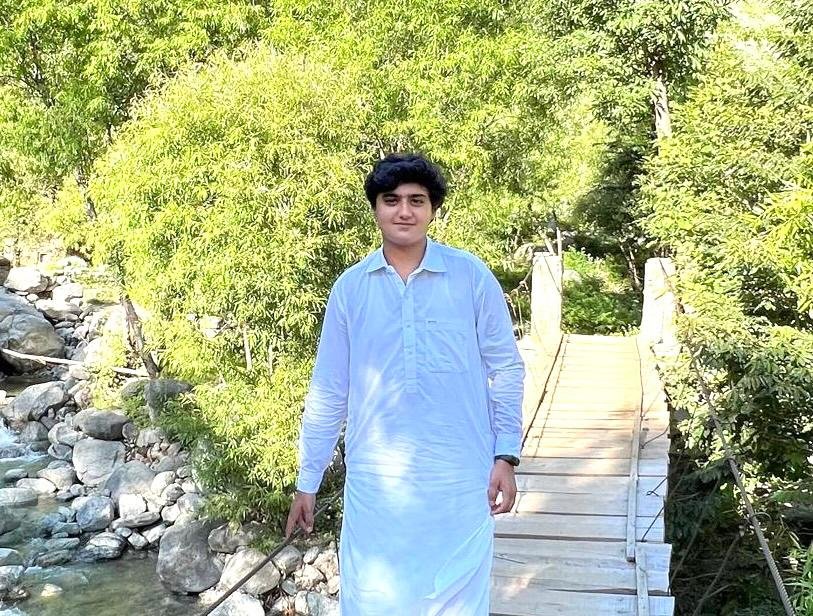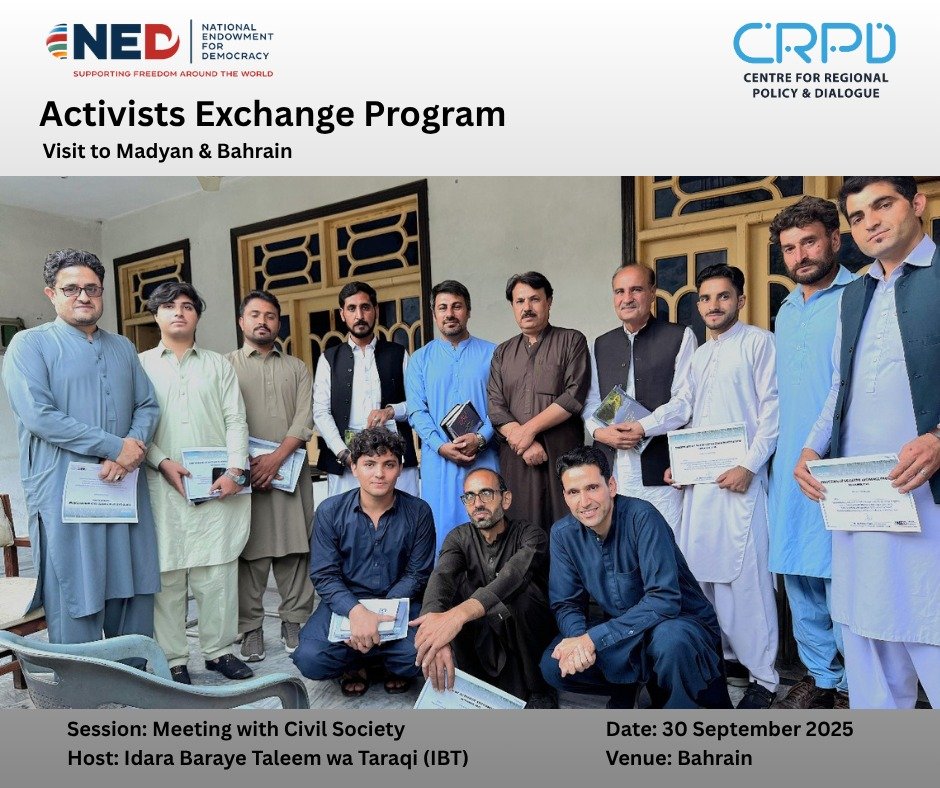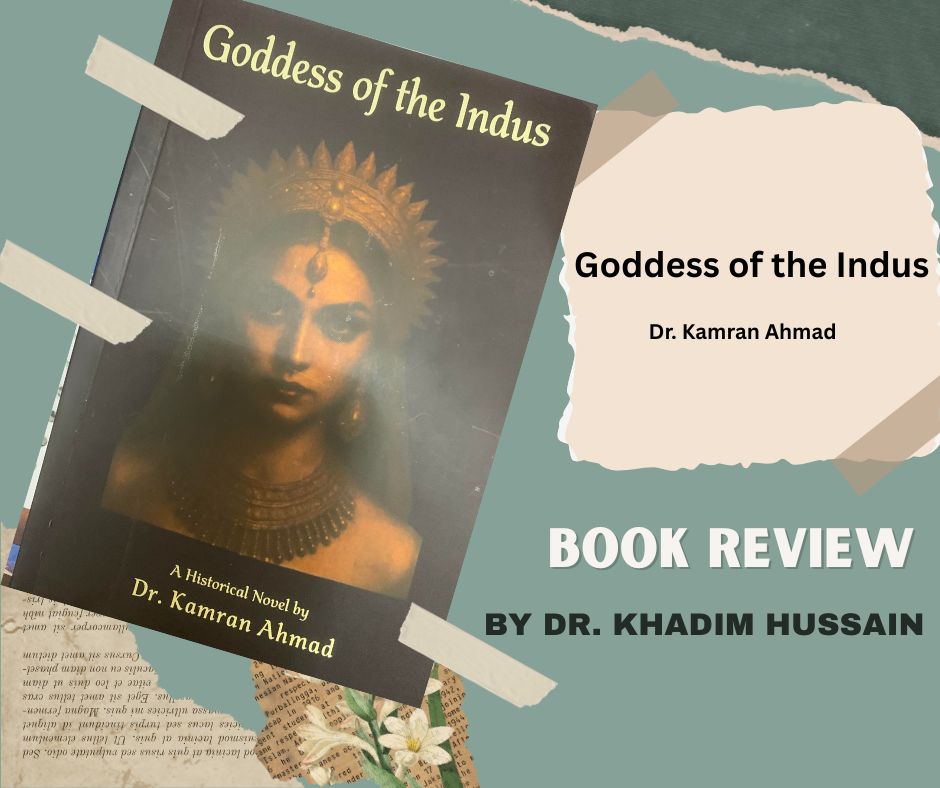By Majid Ali
The “د سمڅې یاران” is a Pashto novel written by Ustaad Saad Uddin Shpoon first published in 2002 by Momand Publications, Afghanistan. The novel narrates story of a college student in Kabul who is forcibly admitted to a medical college despite his desire to pursue higher education in literature. Later on, he finds neurology interesting but his passion for literary studies never fades. He secures admission to Eiva University in the USA for his post-graduate studies. Upon returning to Afghanistan after completing his post-graduation, he is shocked to see the devastating impact of war on Afghan society, particularly the aftermath of the USSR’s invasion. He discovers that people have lost hope and are living in caves, abandoning their homes. The mental health of the people is severely affected, and their physical health is also fragile with many appeare like living skeletons. The society is plagued by drug addiction, which has become the only source of solace for the people.
After a week of living in shock, the protagonist determines to restore the colors of life to the village. He purchases a tractor and starts cultivating the barren land, hires labor to rebuild destroyed houses, and begins medical treatment of the villagers. It is here that he meets a beautiful girl, the daughter of a religious priest, whose beauty has been ravaged by war and is considered “mad” by the villagers due to her silence and physical weakness. The protagonist starts her treatment, despite the villagers’ warnings that she cannot be cured and that he should not waste his time. However, he believes that she must have experienced a great shock or tragedy during the war and tries to uncover the reasons behind her “madness” through short conversations. He eventually discovers that the girl suffered a mental shock when she witnessed her mother being murdered by her father, who considered it a “shame” to continue matrimonial relations with a woman who had been raped by the Russians. The protagonist convinces the girl that her mother was actually murdered by the heartless Russians who fractured Afghan society not by her father. The girl gradually recovers.
During her treatment the protagonist and the girl fall in love without realizing it. The protagonist finds it difficult to express his feelings, fearing that the girl’s father would not approve of their marriage. He leaves village to alleviate his discomfort and desperation. However, the girl falls sick again when she learns that her lover has left and her father plans to marry her off to an older man. The protagonist returns for her treatment and a week after her recovery, they decide to elope and marry. As they climb the mountain, the girl’s father shoots at them but with the help of a close friend, they manage to reach the hospital where the protagonist’s doctor friends arrange their marriage and prepare passports for them to leave the country and live in the USA.
This novel is a unique piece of literature in many ways. One of its salient features is its exploration of various themes in an impressive and reader-friendly manner. The novel poignantly depicts how war can have a devastating impact on our mental and physical health leading society to become a desolate place devoid of hope. Additionally, it highlights how war can fracture close social relationships and create distances between blood relatives.
Another noticeable aspect of the novel is its language which is nothing short of symphonic. Each line is infused with rhythmic beauty and musicality making its reading abundantly enjoyable. The writer has boldly narrated sexual stories he encountered during his visit to the USA demonstrating his skillful storytelling.
The incorporation of verses from famous Pashto poets such as Ghani Khan, Rehman Baba, Khushal Khattak, and Hameed Baba has not only enhanced the language and fluency but also attracts readers’ interest encouraging further reading. Many Pashto scholars consider this novel a literary masterpiece of international standards and it has the potential to make a significant impact in the literary world if translated into other languages.
The novel is replete with heart-touching and wise quotes that exhibits the author’s skillful craftsmanship, wit, and knowledge. When Bakht Jamala’s father leaves the protagonist alone with his sick daughter, the protagonist remarks, “I am not your relative, nor am I kin; isn’t it wrong to leave me alone with this young girl?” The father poignantly responds, “My son, we have been killed at the hands of our blood relatives; I have ceased to believe in the myth of relationships.” This heartbreaking line reveals the devastating impact of war on social relationships.
When the doctor (protagonist) tries to convince Bakht Jamala that her father is innocent and that she shouldn’t hate him, he says, “My dear Bakht Jamala, your father is not a murderer; he is innocent. The true killers are the Russians who came from abroad and killed millions of Afghans. Our suffering is not a result of our deeds but rather the interventions of foreigners who physically and socially fractured our society.” Here, the protagonist attempts to restore trust and repair the social fabric destroyed by war in Afghan society.
The novel is filled with such celebrated quotes each of which touches the heart and leave hearts of the readers with indelible impact.
The writer is a scholar & studying English Literature at NUML Islamabad


